Here it is… Mid-October. It’s with mixed emotions that I find myself planning on winterizing my RV, knowing that unless I win the Lottery in the next few drawings, my excursions away from my home base in Iowa will be put on hold until the Spring of 2024. I did manage to complete my semi-annual ‘DE-oxidation/Wax’ project, so when I conclude that any more trips would not be practical, ‘Lil Red will be prepared for the long sub-zero season.
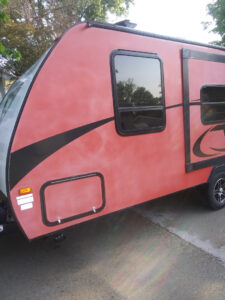
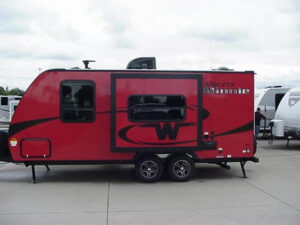
A few days ago I was describing the work involved with removing the oxidation then waxing the unit to an acquaintance and he asked me which campgrounds I stayed at when I’m ‘Out There’. He was surprised when I said that I usually don’t stay at organized campgrounds, but ‘Boondocked’ instead. He had no idea what I was talking about. Even though he spends many weekends ‘camping ‘ in his travel trailer, the term was foreign to him. Obviously, there are probably plenty of people who might not be familiar with the concept, or may have misconceptions of the practice.
So, I did my best to provide him with some basic information from my perspective.
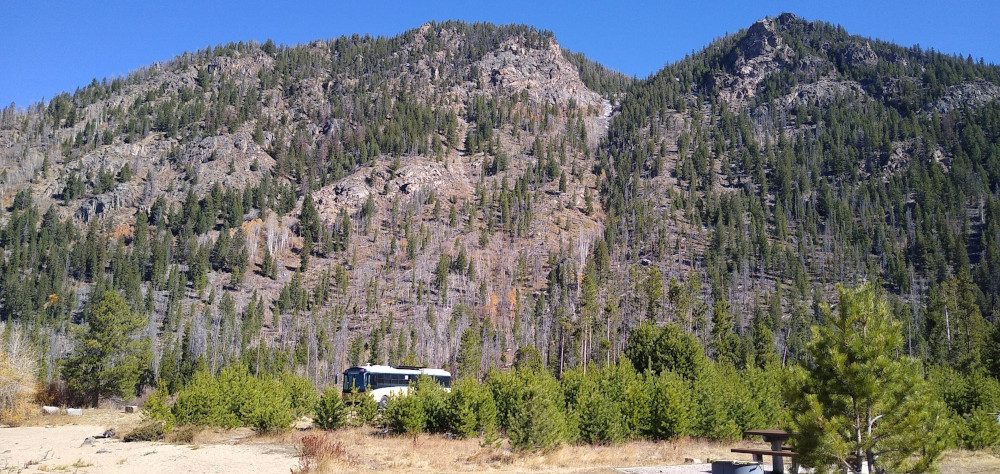
Boondocking, also known as dry camping or wild camping, for me, is a liberating way to experience the great outdoors. It’s all about disconnecting from the grid and immersing yourself in the beauty of nature, with minimal resources and maximum self-sufficiency. If you want to find a place that is completely isolated from people, there are places to go. If you want to have semi-privacy, but know that there are others in the vicinity, you can find them. If you simply want to avoid paying the ever increasing fees for the privilege of having electricity, water and sewage hookups, there are places you can stay that may or may not have the seclusion that you’d prefer.
So, what is Boondocking?
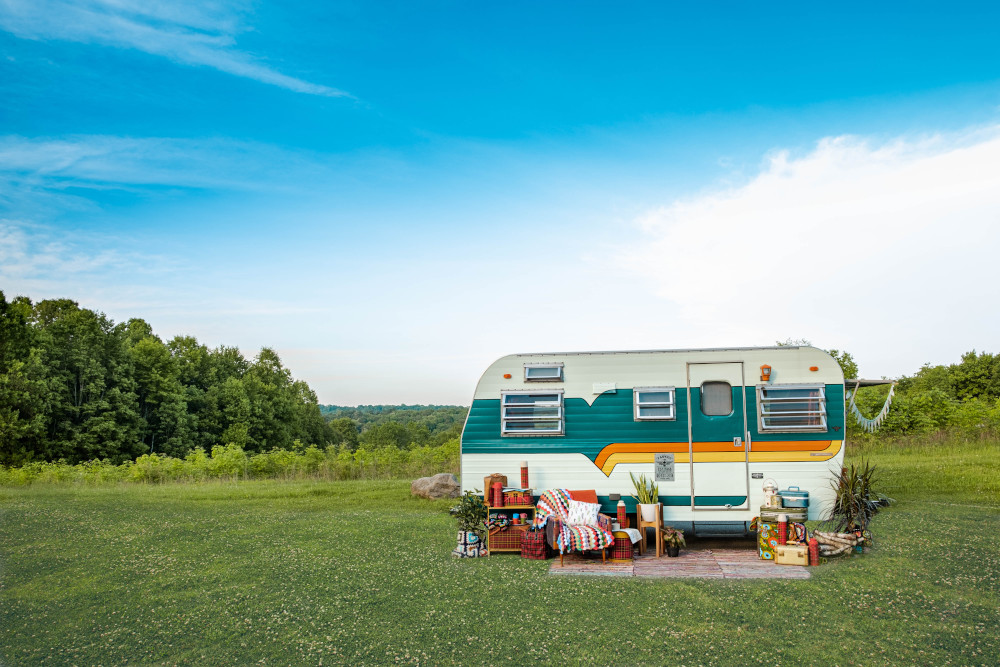
The term generally refers to camping in remote, off-grid locations where there are no established campsites or facilities. It involves camping with limited or no access to amenities like electricity, water, or sewage hookups, making it a self-reliant and Eco-friendly form of outdoor recreation. Some would include staying at any location where you don’t have access to services and must rely on your self-contained unit for survival. Personally, I don’t consider staying overnight in a Walmart parking lot as ‘Boondocking’, but some do.
If you have never tried this form of ‘camping’, I would advise you to learn as much as you can about what you’ll need to understand before setting out to explore the thousands of acres available. That includes knowing the rules and regulations that must be followed for the area you’re interested in. While there are basic things that are common, each area may have specific guidelines that must be adhered to. I’ll cover them later.
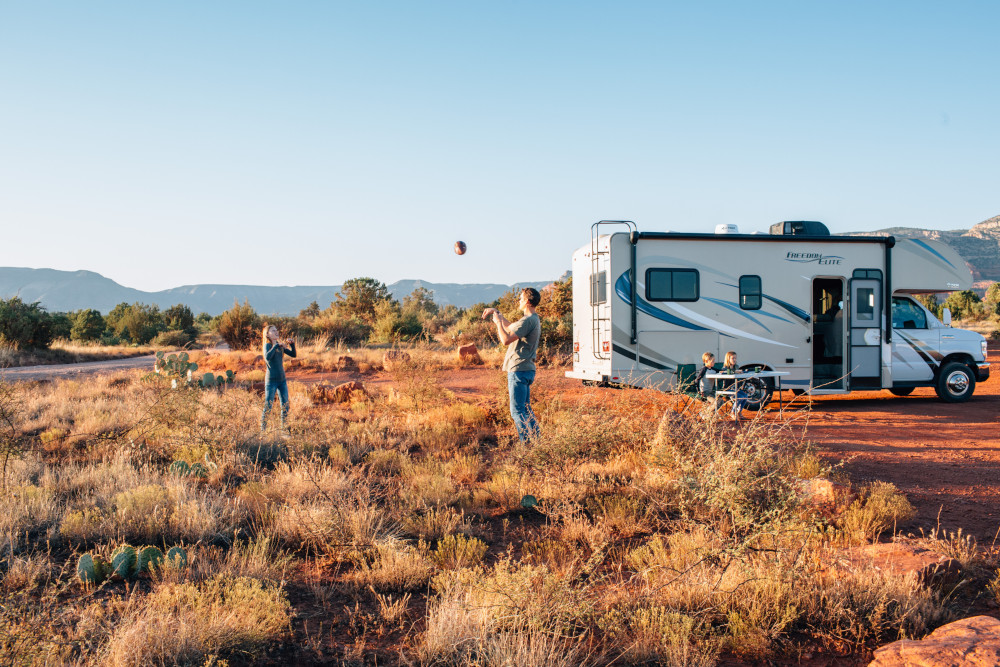
Not all RVs are suited for off road adventures so so you research to ensure your unit is suitable for the terrain you wish to explore. Choosing the right vehicle, trailer and/or motorhome for boondocking is crucial. An all-terrain vehicle, a camper van, or an off-road trailer can be ideal for reaching remote locations. Make sure your vehicle is well-maintained and suitable for the area before you depart.
Water is a precious resource while boondocking. Ensure you have enough freshwater for cooking, drinking, and personal hygiene. Invest in high-capacity water containers and consider adding a water filtration system to your gear.
Boondocking means no access to electrical hookups. To power essential devices, invest in a portable generator, solar panels, or a combination of both. Solar panels, in particular, are Eco-friendly and can provide a sustainable energy source.
Proper waste management is essential. Bring portable waste tanks for gray and black water disposal. Follow Leave No Trace principles, and never leave waste behind in the wilderness.
GPS devices, topographic maps, and compasses are essential for finding remote boondocking spots and ensuring you don’t get lost. Offline navigation apps can also be helpful in areas with limited cell service.
When choosing a campsite, look for level ground to park your vehicle. Ensure you’re at a safe distance from bodies of water, and avoid disturbing local wildlife. Check for any fire restrictions or permits required in the area.
Prioritize safety by informing someone of your plans and expected return date. Carry a first aid kit, fire extinguisher, and a basic tool kit. Familiarize yourself with the local wildlife and any potential hazards.
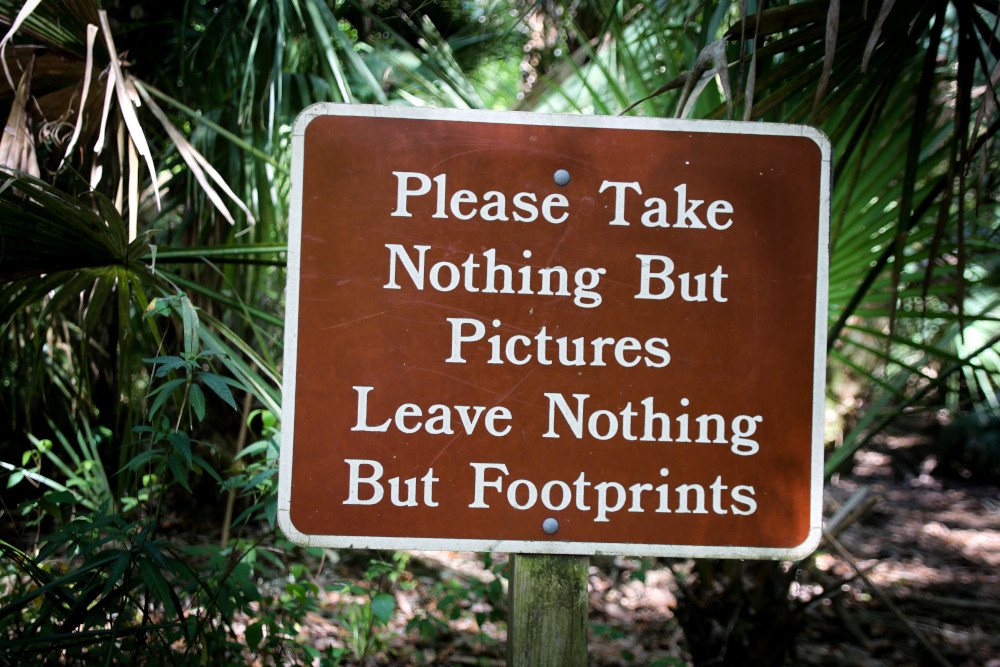
At the risk of repeating myself, ‘Leave No Trace’ principles is vital to protect the environment while boondocking. Pack out all trash, minimize campfire impact, and respect local flora and fauna.
How do you find information about the dos and don’ts of Bookdocking?
There are many excellent resources for connecting with fellow adventurers, sharing experiences, and gathering valuable tips. Numerous mobile apps designed for boondockers, like ‘Compendium’ and ‘AllStays’ that help you find suitable boondocking locations, access user reviews, and get information on nearby amenities.
Guidebooks, such as “Boondocking: Finding the Perfect Campsite on America’s Public Lands” by Bill and Jan Moeller, offer detailed information on campsite locations and conditions. Additionally, topographic maps and atlases can be valuable for planning your trips. Do a GOOGLE search. There are tons of resources available.
Many boondocking sites are located on public lands managed by the U.S. Forest Service (USFS) and the Bureau of Land Management (BLM). Contact their local offices for maps, regulations, and up-to-date information on camping opportunities.
Joining camping clubs like the Escapees RV Club or the Family Motor Coach Association (FMCA) can provide you with a network of like-minded individuals, access to resources, and opportunities to participate in group boondocking excursions.
Numerous YouTube channels and social media accounts are dedicated to boondocking. These platforms offer firsthand accounts, video guides, and practical tips from experienced boondockers.
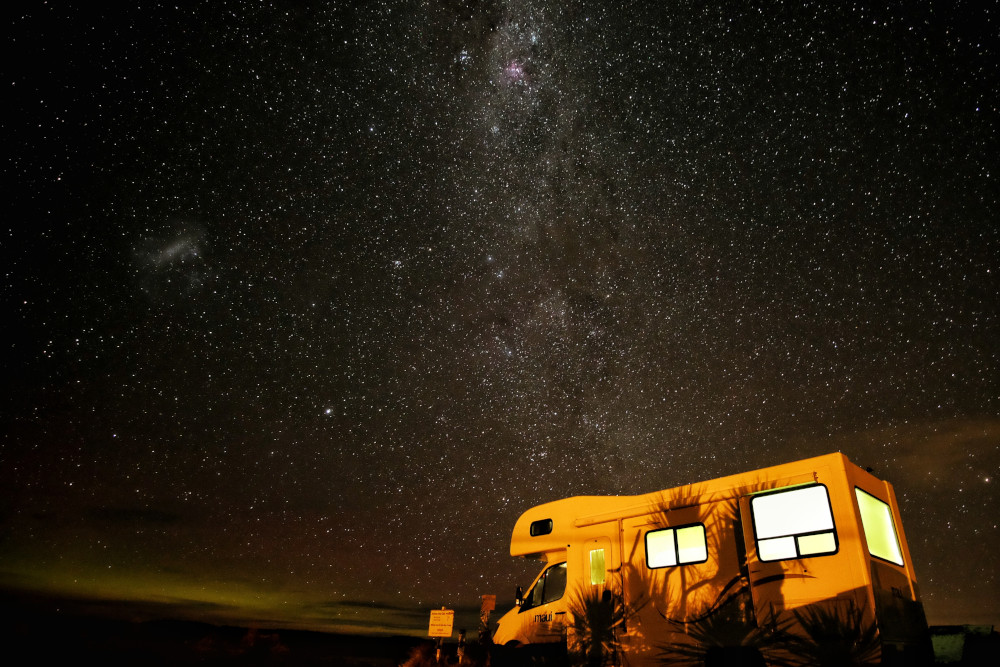
Boondocking is an incredible way to experience the beauty of nature, find solitude, and sharing great memories, but it requires careful planning and knowledge. I’ve just scratched the surface about the essentials that you probably should know by tapping into the rich pool of information resources available, so you can embark on your boondocking adventures with confidence. Remember to prioritize safety, respect the environment, and embrace the freedom of off-grid living while connecting with the great outdoors. Happy boondocking!
